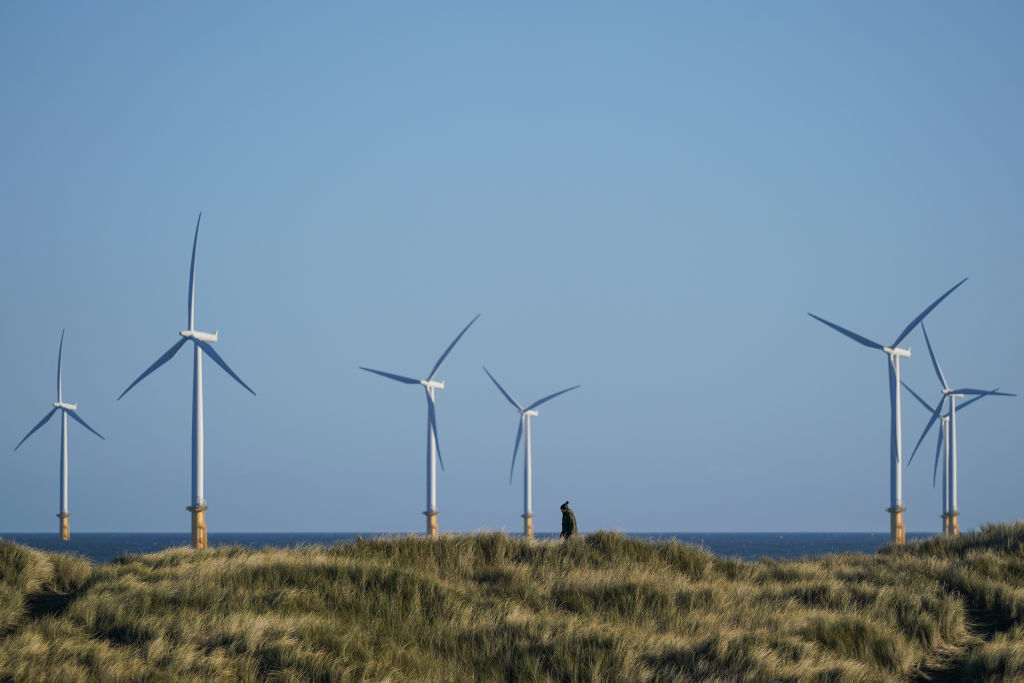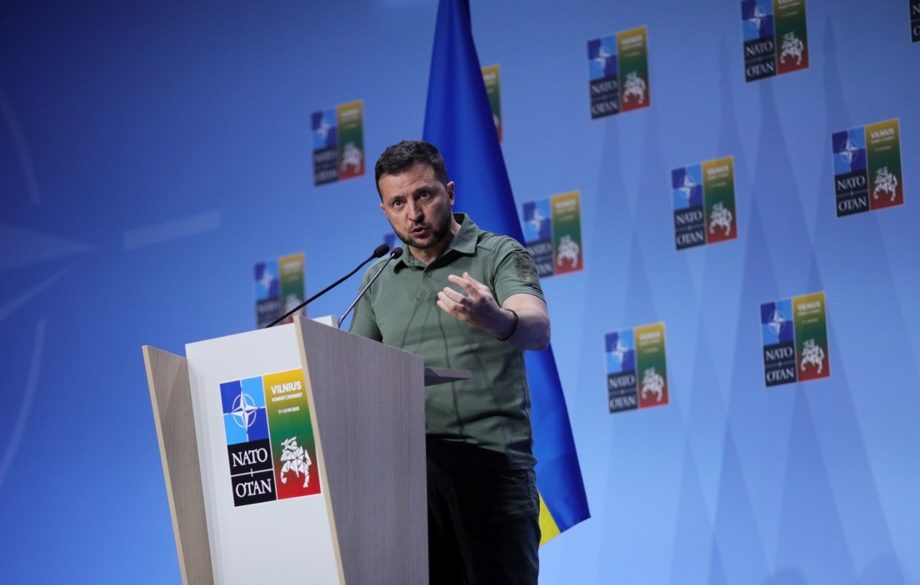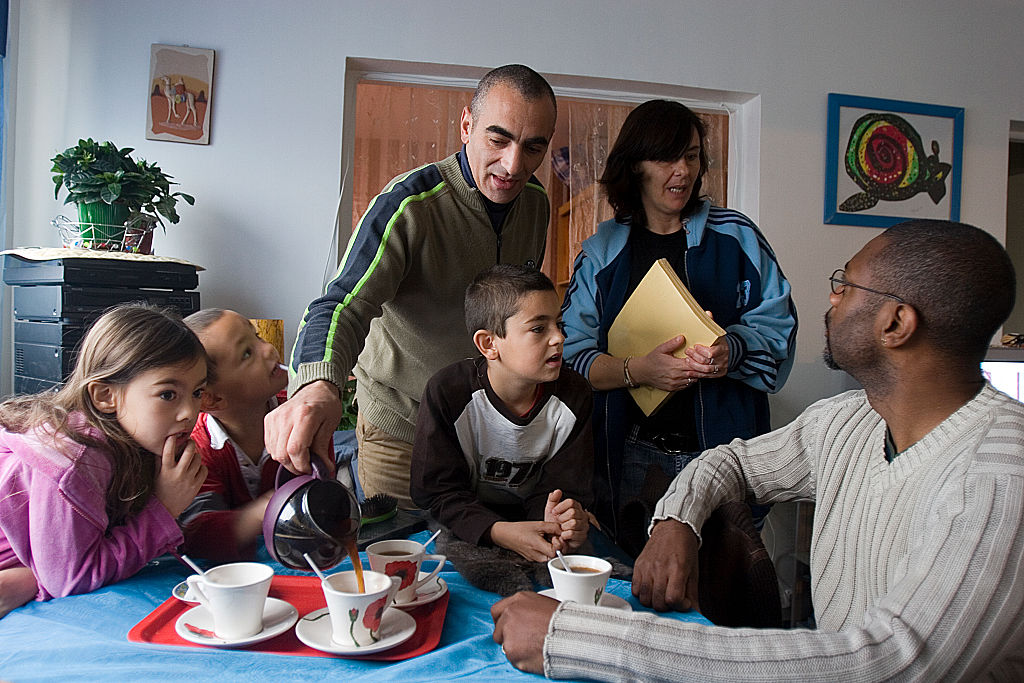In the early days of the civil war in (now former) Yugoslavia during the 1990s, the late Jacques Poos said that this crisis will be “the hour of Europe […] not the hour of the Americans”.
The former foreign minister of Luxembourg died in 2022 at the age of 86, and one can only hope that he did not spend his final years waiting for “the hour of Europe to dawn,” another phrase he seemed to be fond of. The hour never came, and ultimately it was the Americans that had to intervene in Europe’s backyard every time, from the war in Yugoslavia, the crisis in Kosovo to the Arab Spring. Currently it is again the US that is taking the lead in providing the lion’s share of support to Ukraine in its efforts to defend its sovereignty against Russia’s invasion.
In light of these events the idea of European “strategic autonomy” that is continuously pushed for by Emmanuel Macron seems almost laughable – and entirely detached from reality.
As current events in Niger demonstrate, Paris itself is losing any resemblance of strategic autonomy in the francophone parts of Africa, long seen as central to the French national interest. Yet the French predicament reflects the problems of Europe’s foreign policy at large: Apparently French intelligence was well aware of the impending coup in Niger and wanted to protect president Mohamed Bazoum. This was turned down by Macron for fear of seeming colonialist. In addition to the fact that French policies in Africa are already seen as neo-colonialist in the region, it should dawn an Europe’s leaders that one cannot simultaneously be seen as a great power and the proverbial “good guy” on the global stage.
Unfortunately, in the more raucous parts of the world looking like a good guy is not enough. International politics is a competition of power and not a popularity contest, something the United States, Russia, and China are well aware of. This hesitancy by the Europeans leads to a policy that is not aiming at solving problems, but “managing” them, an approach not much different from kicking a can down the road.
The migration crisis keeps getting worse. Instead of directly engaging with the root causes of refugee waves, Brussels prefers to bribe Turkey, Tunisia, and others into keeping refugees under horrible conditions, but off European TV screens.
Similarly, we would like to get all the economic benefits out of Africa, but without an accompanying sustainable programme to support the continent’s development. Instead, European leaders like to preach about renewables to countries suffering from frequent blackouts, deny access to nuclear energy, and believe that a continent so poor that its people have less than the energy-equivalent of three barrels of oil per capita – compared to over 13 barrels in Western Europe – can develop on an energy diet consisting solely of wind, water, and solar.
Virtue signalling to the green lobby at home might help with domestic audiences. But it fuels resentment in Africa, whose leaders are well aware that European policies are placing obstacles in their path towards development. European plans for Africa include massive hydrogen projects, almost all of them designed for export to Europe, while once again leaving over a billion people starving for energy.
In the years following 9/11, the Middle East scholar Bernard Lewis once said that the West risks being seen as harmless as an enemy and treacherous as a friend. Lewis was mainly talking about the Middle East, but in recent years his prediction could also be applied to other parts of the world.
Nobody views Moscow and Beijing as the good guys either, but at least they seem to be reliable. It has not been forgotten that during the Arab Spring those leaders who tried to chart a pro-Western course like Mubarak in Egypt or Gaddafi in Libya have been ousted, while those counting on Russia and China are still in power. Neither Syria’s Assad nor Iran’s Mullahs have lost their grip on power, being substantially supported by Moscow and Beijing. The ease with which the West dropped its support for a democratic Afghanistan and handed it back to the Taliban certainly also did not go unnoticed.
It is no surprise that under these conditions China and Russia are making inroads in the region. They are expanding their geopolitical footprint while exporting chaos to Europe in the form of waves of refugees and regional instability. At some point Europe must take heart and live up to the ideals of M. Poos, for not doing anything and waiting for the Americans will no longer be enough.






Germany’s establishment just doesn’t get why the AfD is on the march